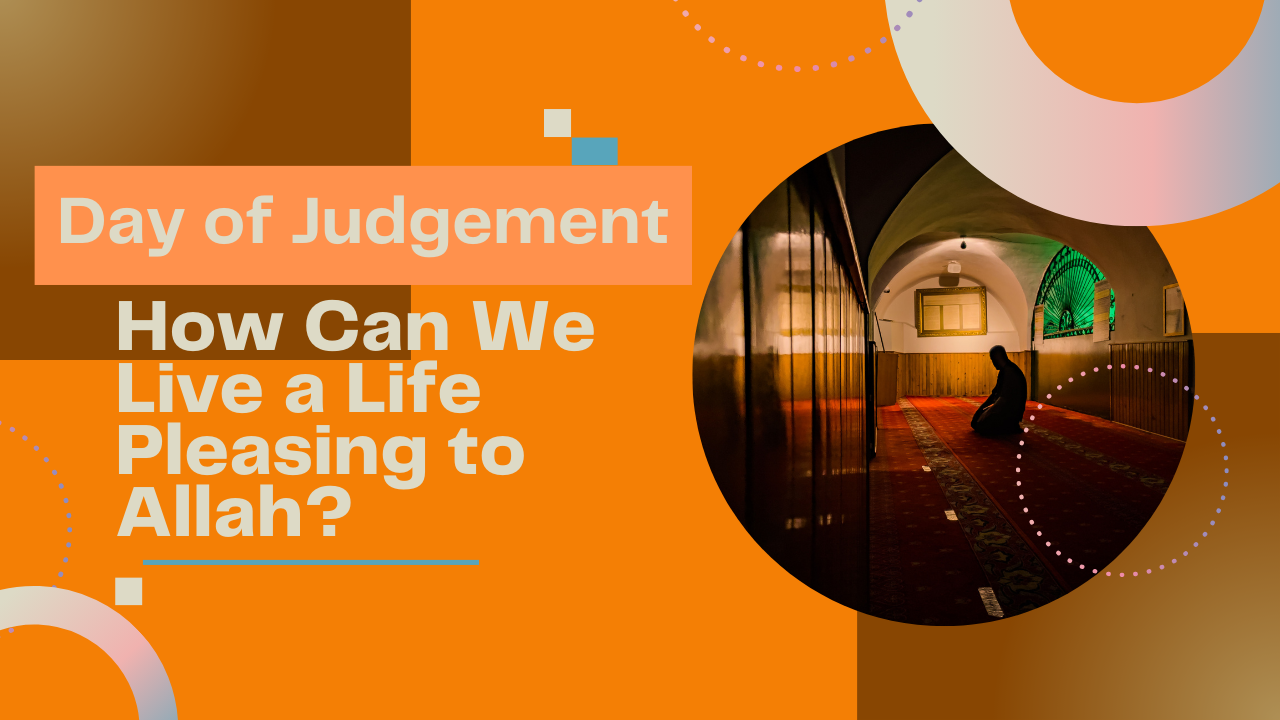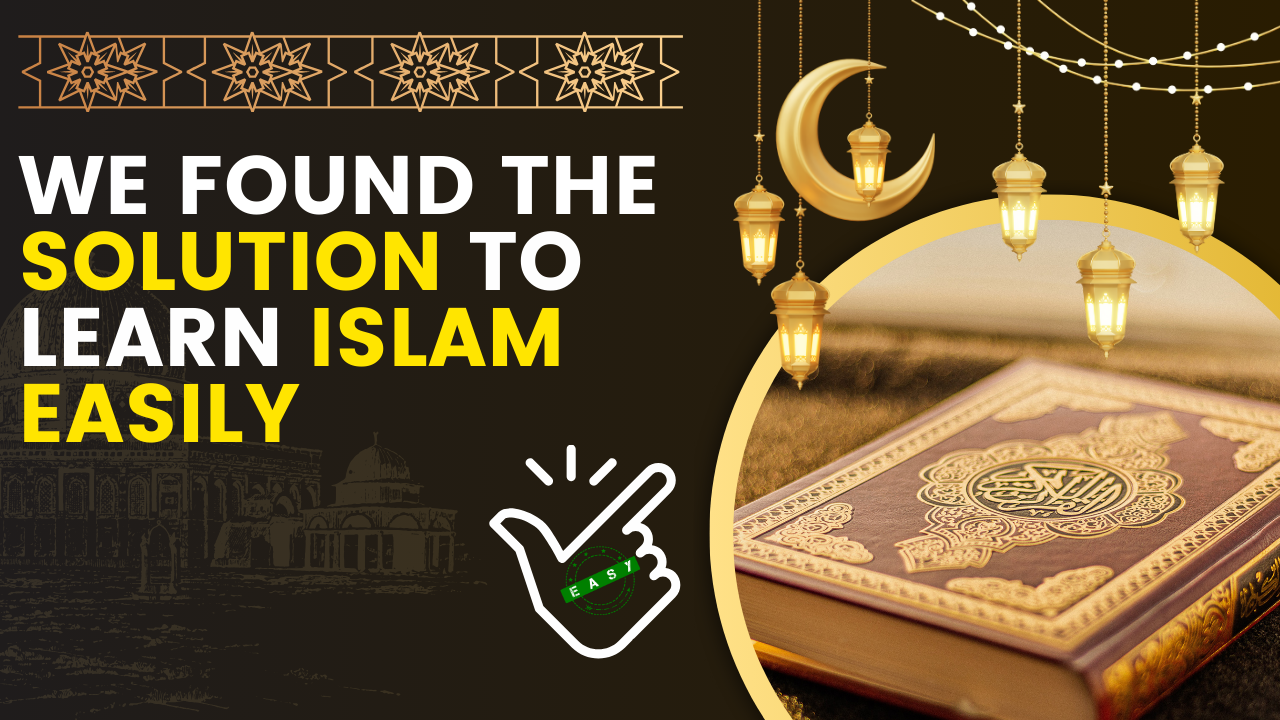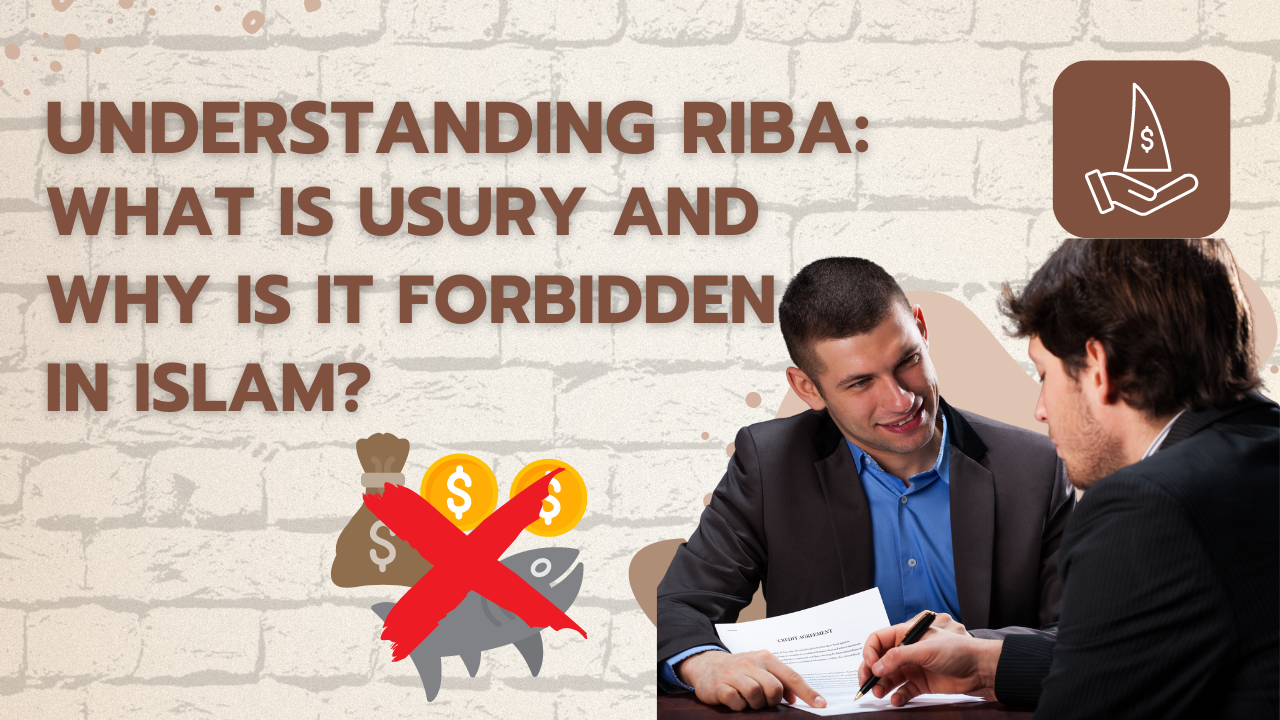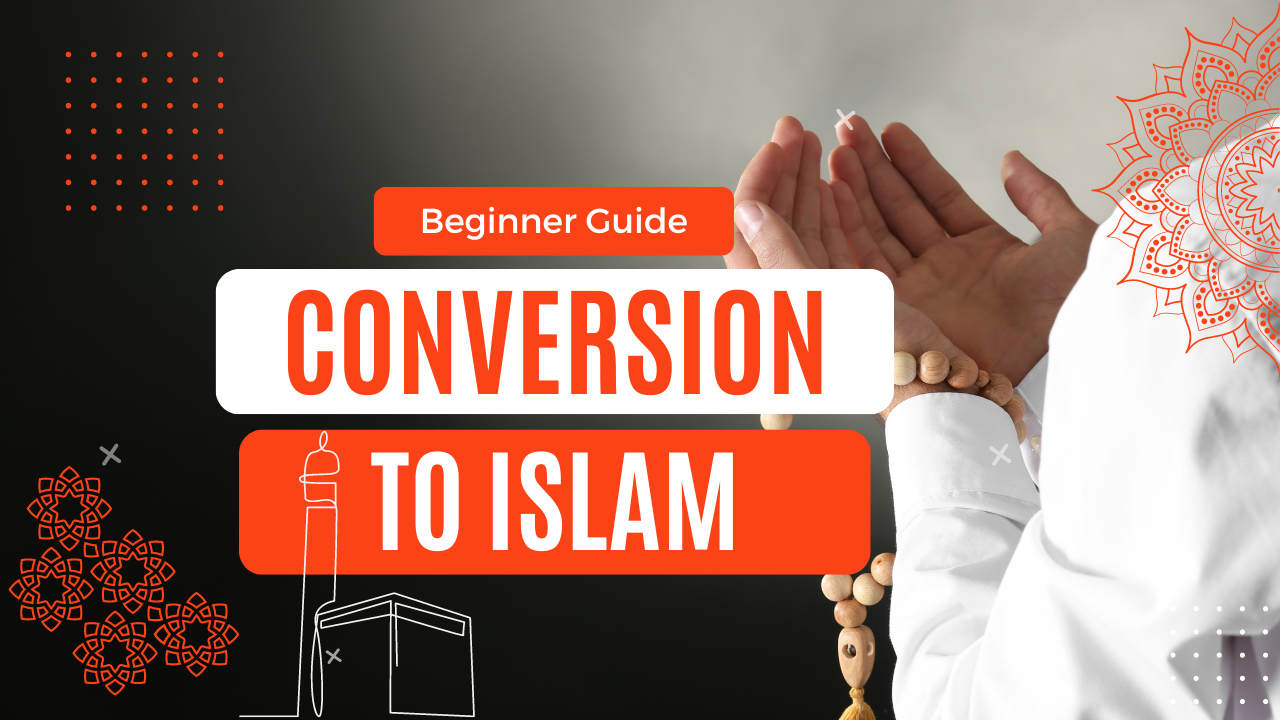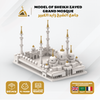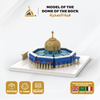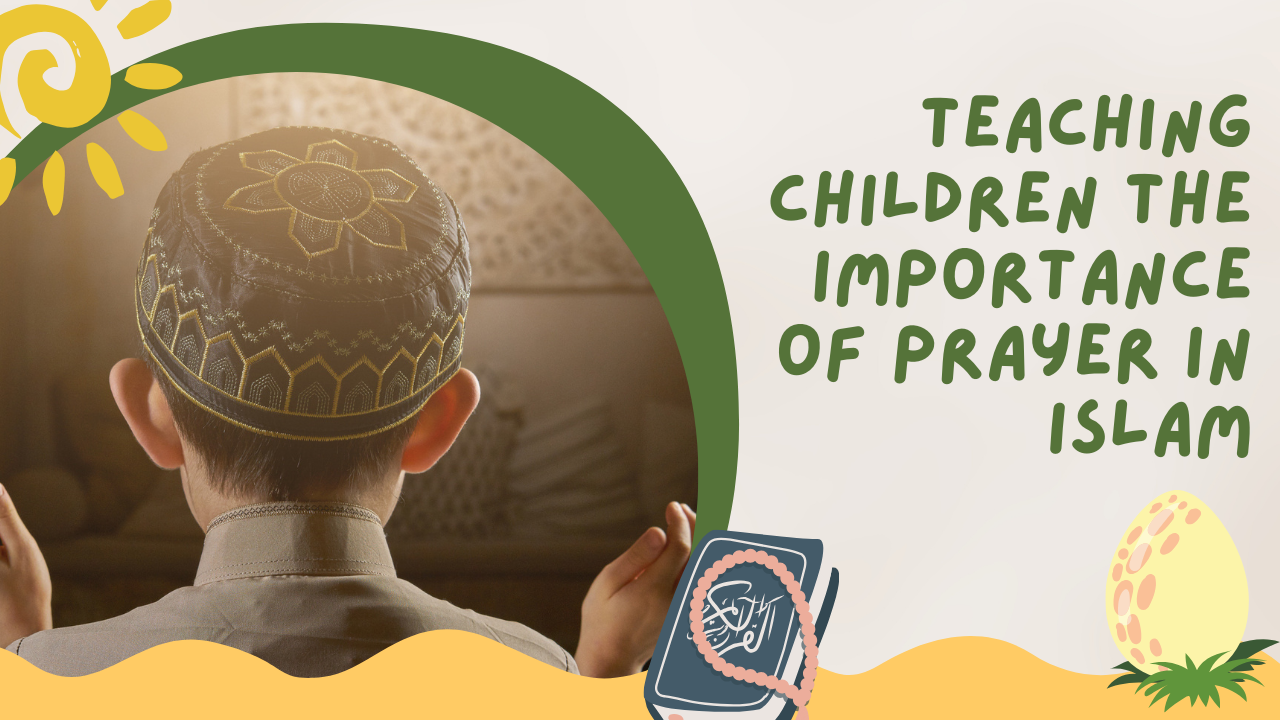For Muslims worldwide, Hajj and Umrah represent the pinnacle of spiritual journeys. These pilgrimages to Mecca, the holiest city in Islam, are profound experiences that transcend cultural and social boundaries, uniting believers in a shared expression of faith and devotion.
Introduction
Mecca serves as the focal point for both Hajj and Umrah. Muslims from every corner of the globe converge on this sacred city, united by their faith and the shared purpose of pilgrimage. This physical connection fosters a sense of belonging to a global Islamic community, regardless of background or ethnicity.
Hajj: A Pillar of Islam
Hajj is more than just a journey; it's a cornerstone of Islamic faith, a mandatory act for capable Muslims. Let's delve deeper into this obligatory pilgrimage and explore its significance:
Who is Obligated?: Hajj becomes obligatory for every free, adult Muslim with the physical and financial means to undertake it safely. This obligation applies once in a lifetime.
Physical and Financial Ability: Physical health to endure the pilgrimage's rigors and the financial resources to cover travel, accommodation, and expenses without causing hardship to oneself or dependents are prerequisites.
Importance of Intention: The core of Hajj lies in the intention to perform it solely for the sake of Allah (God).
The Rites of Hajj:
Hajj comprises a series of rituals performed at specific locations, each imbued with symbolic meaning:
Entering Ihram: Pilgrims enter a state of ihram, signifying their devotion to God. They wear simple white garments, stripping away social distinctions and promoting a sense of equality.
Circumambulation of the Kaaba (Tawaf): Tawaf involves circling the Kaaba, a cubical structure believed to have been built by Prophet Abraham and his son Ishmael. This act represents the unity of God and the equality of all believers before Him.
Sa'i between Safa and Marwa: Commemorating Hagar's desperate search for water for her son Ishmael, pilgrims walk seven times between the hills of Safa and Marwa. This act symbolizes perseverance and faith in God's mercy.
Standing at Arafat: A central pillar of Hajj, standing in prayer at the Plain of Arafat is a day of intense supplication and seeking forgiveness. Pilgrims stand together, united under the vast sky, reflecting on their lives and seeking God's mercy.
Staying at Muzdalifah and Mina: These locations hold rituals that commemorate the sacrifice of Prophet Abraham and the stoning of the devil by Prophet Abraham to reject evil.
Animal Sacrifice (Qurbani): Hajj culminates with the sacrifice of an animal, a symbolic act reflecting Prophet Abraham's willingness to sacrifice his son as an act of obedience to God. The meat is distributed to the poor and pilgrims, fostering a sense of charity and community.
Umrah: A Voluntary Act of Worship
Umrah, the "minor pilgrimage," stands as a beautiful expression of devotion in Islam. While not mandatory like Hajj, it offers a powerful opportunity for Muslims to seek spiritual renewal, forgiveness, and blessings throughout their lives. Let's explore the essence of Umrah:
A Journey of Choice:
Voluntary Act: Unlike Hajj, Umrah is not obligatory. Muslims can choose to undertake it at any time they wish, making it a more accessible form of pilgrimage.
Flexibility: The absence of a specific timeframe allows Muslims to plan Umrah around their personal circumstances and schedules. This flexibility makes it ideal for those who might not be able to fulfill the obligations of Hajj due to work, family commitments, or financial constraints.
The Rewards of Umrah:
The rewards associated with Umrah are immense:
Spiritual Renewal: The pilgrimage serves as a reset button, allowing Muslims to renew their faith, strengthen their connection with God, and return home with a renewed sense of purpose.
Seeking Forgiveness and Mercy: Umrah provides a chance to seek forgiveness for past transgressions and ask for God's mercy and guidance.
Erasing Sins: Many hadiths (sayings of the Prophet) mention the potential for sins to be erased upon performing Umrah.
Bringing Families Closer: Umrah can be a beautiful way for families to connect spiritually and share a transformative experience together.
The Significance of Hajj and Umrah
Both Hajj and Umrah commemorate the stories of Prophet Abraham (Ibrahim) and his family, figures of immense importance in Islam. The rituals pilgrims perform reenact significant events from these stories, serving as a powerful reminder of sacrifice, obedience to God, and the importance of unity and equality.
Hajj and Umrah Rituals
Hajj rituals involve a state of ihram, where pilgrims wear simple white garments, signifying a state of purity and detachment from worldly concerns. They then perform a series of actions including tawaf (circumambulation around the Kaaba), sa'i (walking between the hills of Safa and Marwa), standing in prayer at Arafat, and throwing stones at Jamarat. Hajj culminates with the Eid al-Adha sacrifice, commemorating Prophet Abraham's willingness to sacrifice his son Ishmael as an act of obedience to God.
The Spiritual Impact
Hajj and Umrah are deeply personal journeys that leave a lasting impact on pilgrims. The shared experiences of sacrifice, devotion, and supplication foster a sense of unity and humility among pilgrims. Worldly differences fade away as Muslims from all walks of life come together in a state of complete submission to God (Allah).
Hajj and Umrah Planning
Hajj requires meticulous planning due to the specific timeframe and large number of pilgrims. Obtaining Hajj visas, securing accommodation, and ensuring physical fitness are all crucial aspects. Umrah, while less restricted, still benefits from planning, particularly regarding travel logistics and potential peak seasons.
Hajj and Umrah Resources
For those considering these pilgrimages, a wealth of resources are available. Reputable travel agencies specializing in Hajj and Umrah offer guidance and packages. Numerous online resources provide detailed information on rituals, requirements, and practical considerations.
Conclusion
Hajj and Umrah are more than just journeys; they are transformative experiences that strengthen faith, promote self-reflection, and foster a deep sense of connection with the Islamic community. They are a testament to the unifying power of faith and a reminder of the core values that bind Muslims together.
Umrah rituals are similar but simpler, consisting primarily of tawaf and sa'i.


